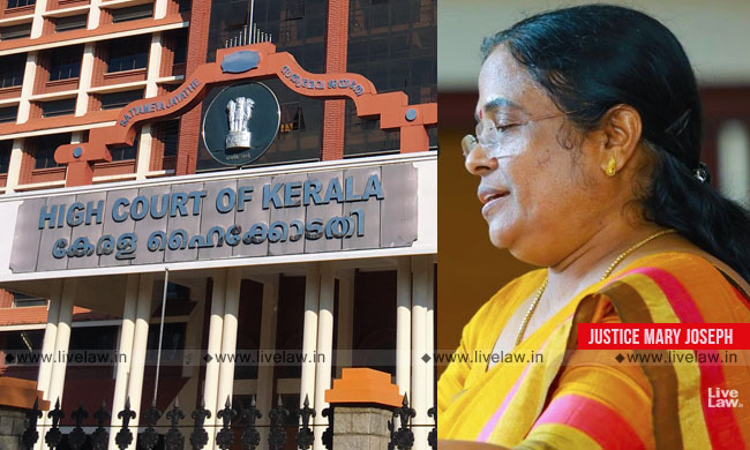Party Claiming Compensation For Illegal Acquisition Of Property Bound To Establish Its Title: Kerala High Court
Hannah M Varghese
2 May 2022 4:14 PM IST

Next Story
2 May 2022 4:14 PM IST
The Kerala High Court has recently ruled that a party claiming compensation for illegal acquisition of some property allegedly possessed by him has to establish his title and possession over the same before the court.While allowing an appeal, Justice Mary Joseph observed that in the said case, the plaintiff who sought compensation had failed to produce the document to evidence his ownership...
